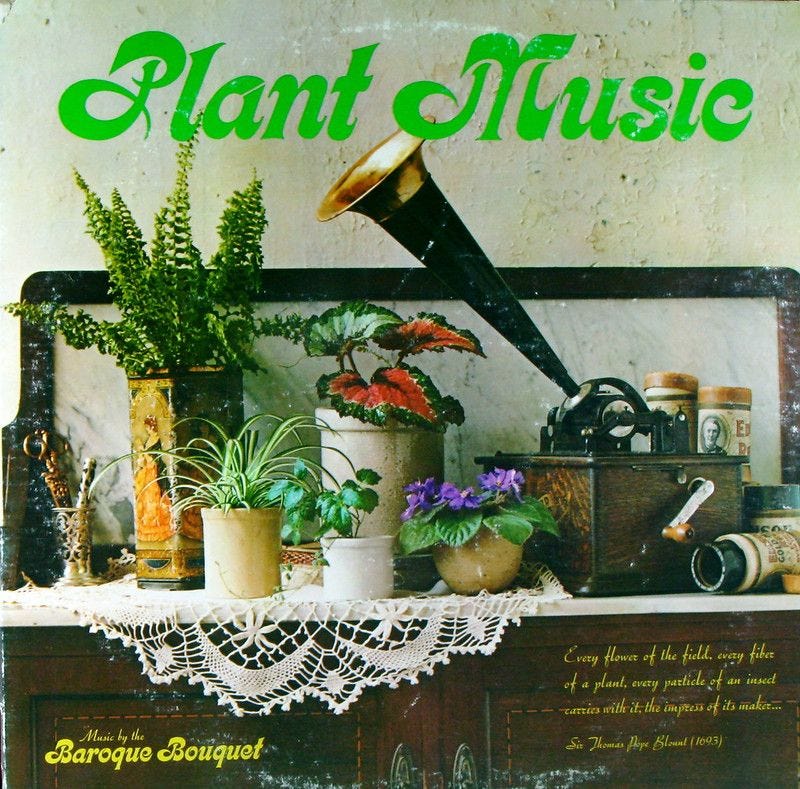Should I Talk to my Plants?
Many gardeners have claimed that talking to their plants is beneficial. Is there scientific proof?
The idea that talking or even playing music to plants is beneficial has been around for many years. Talking to plants was popularised when Gustav Fechner published his book "Nanna (Soul-life of Plants)" in 1848.
Playing music to plants was made popular with the release of the album "Music to Grow Plants By" by Dr. George Milstein in 1970. In fact, there are several albums available and playlists on streaming sites like Spotify for music to play to your plants.
The UK's King Charles was famously quoted in 1986: "I just come and talk to the plants, really. Very important to talk to them; they respond". Charles' statement was ridiculed by the press at the time, but recent studies have shown there may be some benefit in doing this.
Sometimes, when no-one is looking, I go into my garden and tell the plants all about my problems. If King Charles talks to his plants, and scientists agree that talking to plants is beneficial for their health. I believe they respond in kind and it cheers me up, so I concur with His Majesty’s viewpoint.
In 2007, a study in South Korea found that two plant genes involved in a plant's response to light, known as "rbcS and Ald", are activated by music played at 70 decibels. 70 Db is slightly louder than human conversation, so this finding supports the idea that talking to plants is beneficial.
Is it just the frequency of sound or what we play/say to the plant? An experiment by the Mythbusters TV show set up 3 greenhouses of pea plants. In the first greenhouse, they played recordings of people saying nice things to the plants. In the second greenhouse, they played recordings of people being mean to the plants, and the third had no sound at all. 2 months later, the pea plants in the first 2 greenhouses showed greater growth than the silent greenhouse, but the growth was the same for each of the greenhouses with recordings.
A theory that many horticulturists have put forward is that plant's response to sound is due to vibration. Plants have already been proven to respond to vibration. For example, some plants are "buzz-pollinators" that will only release pollen when they sense vibration of a flying pollinator's wings, such as a bee. So, while plant's cant necessarily hear sound, they are known to detect and respond to vibration, which explains why the best responses in studies have been when the sound is 70Db or more.
A by-product of speech is carbon dioxide, which plants use for photosynthesis. This is not likely the reason why plants respond well to speech, as one would need to talk to a plant for several hours to have a noticeable difference on growth.

While it's not certain that talking or playing music to your plants is beneficial, none of these studies show that it is harmful to your plants. If anything, the evidence indicates that it is plausible that it improves plant growth. It doesn't hurt to try, so go ahead and talk to your plants and play them some music as part of your plant nurturing. What is certain is that plants are not capable of talking to you, so you can spill the tea with your floral friends as much as you - your secret is safe with them!


